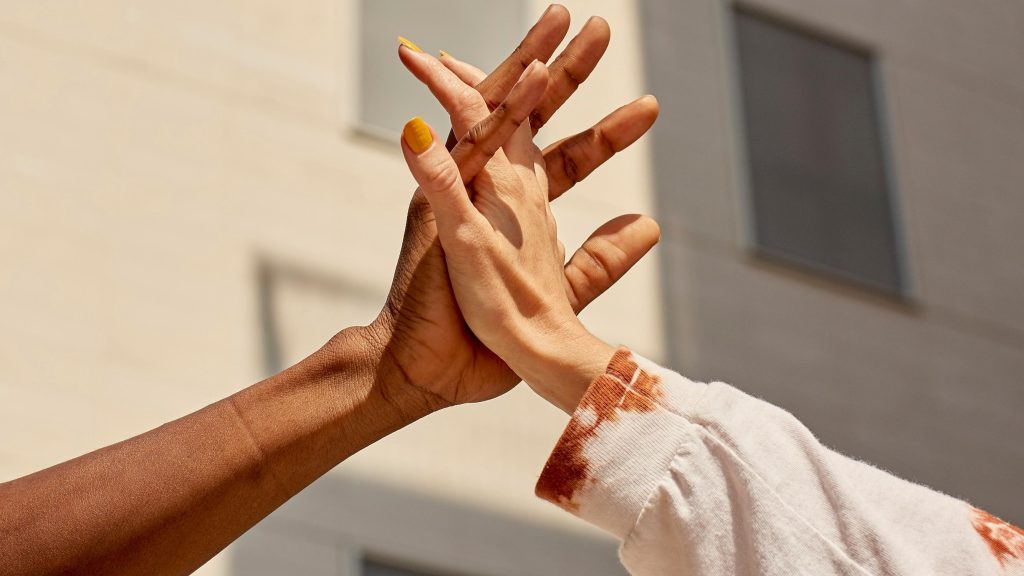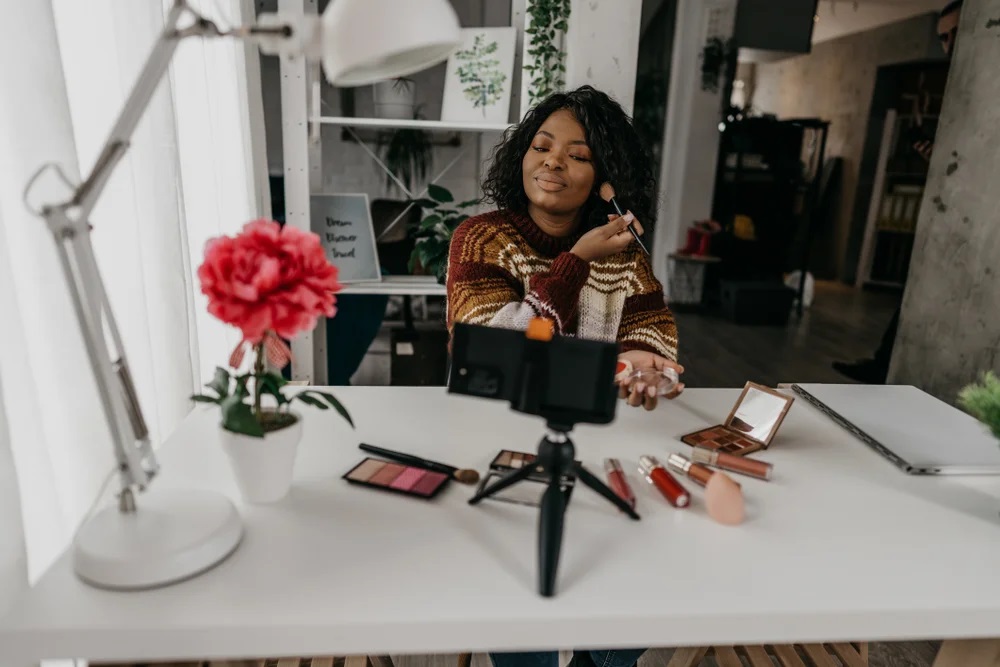Attaining mental well-being through ‘weak ties’

Social connections are an integral part of our mental well-being as human beings – according to an article by a researcher at Stanford Medicine- Dr. Seppala. He writes under Connectedness and Health: The Science of Social Connection – “People who feel more connected to others have lower levels of anxiety and depression. Moreover, studies show they also have higher self-esteem, greater empathy for others, are more trusting and cooperative and, as a consequence, others are more open to trusting and cooperating with them. In other words, social connectedness generates a positive feedback loop of social, emotional and physical well-being” – http://ccare.stanford.edu/uncategorized/connectedness-health-the-science-of-social-connection-infographic/.
The pandemic has affected the fabric of a lot of our social connections. As we come out of the social slumber, we find ourselves trying to re-adjust, back into our social rhythms, and stumble along the way.
Some of us may even be far from our close-knit group of people such as our family and friends, but may still benefit from some tiny interactions we have with people from our day-to-day lives such as strangers. A study by Dr. Sandstrom from the University of Sussex brought to light that even the short interactions we have with people on a day-to-day basis have a significant effect on our well-being. Dr. Sandstrom calls these interactions “weak ties”.
Weak ties could be a varying spectrum of interactions ranging from a simple head nod to a smile, to small talk with a stranger on the train. Dr. Sandstrom shares her own story of what prompted her to study this phenomenon – “I worked in the industry for 10 years as a computer programmer before discovering positive psychology. This led to me pursuing a Master’s in Psychology at Ryerson University, where I developed a smile-and-wave relationship with a lady who worked at a hot dog stand. During my Ph.D. studies at the University of British Columbia, inspired by this relationship with the hot dog lady, I started studying interactions with weak ties. My work since then has focused on the benefits of minimal social interactions with weak ties and strangers, and the barriers that prevent people from connecting.” – https://profiles.sussex.ac.uk/p555105-gillian-sandstrom .
Interactions that we have with strangers or just anyone daily have a significant impact on our mental health. So next time you smile at a random stranger or spark up a “small-talk” conversation with the barista in a coffee shop, give a passerby a quick head nod and know that your brain is unknowingly benefitting from this.
So remember that you can have an important impact on someone’s life by just smiling or waving at a stranger, which could make their day and even yours. These may be “weak ties”, but it certainly does help one be seen and never forget that even such micro-interactions can be medicine for our mental well-being.
Neelofer Hilal is a passionate freelance writer, avid traveler, podcaster, futurist, dreamer, and social science enthusiast.









